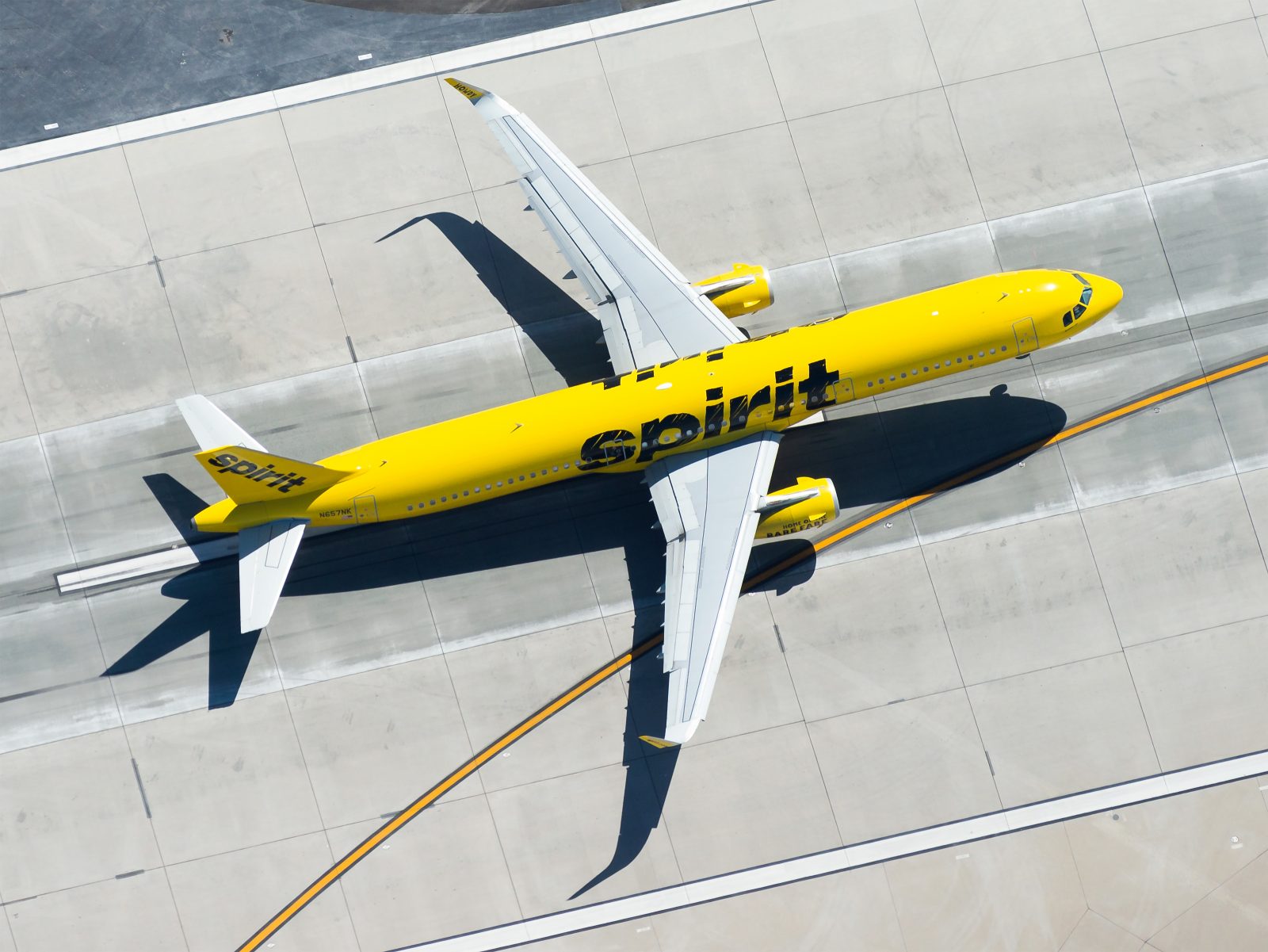
Spirit Airlines is facing a class action lawsuit brought by a former flight attendant because the budget carrier allegedly doesn’t count the time taken for passenger boarding and deplaning towards flight attendant work hours, or credit hours as they are known by the airline.
Ex-flight attendant Grace Flannery submitted a complaint against Spirit in District Court in Fort Lauderdale last week accusing the airline of violating the Family and Medical Leave Act (FMLA).
The FMLA allows eligible employees to take unpaid, job-protected leave for certain family and medical reasons. To be considered eligible, employees must have worked or been paid for at least 504 hours in the last 12 months before taking leave.
Flannery alleges that Spirit didn’t count the many hours that flight attendants spend preparing for a flight, boarding passengers and deplaning towards their eligibility for FMLA leave.
Flight attendants at the discount airline are expected to report for duty one hour prior to departure from their home base, and they must attend a pre-flight briefing. Flight attendants are legally required to be onboard the aircraft during passenger boarding and for 30 minutes after the flight for the deplaning process.
The time from report to passenger deplaning being complete is often referred to within the aviation industry as ‘block hours’ but Spirit allegedly only counted flight hours towards FMLA eligibility.
Flannery started working as a flight attendant at Spirit in 2014 but was eventually dismissed in November 2021 after a long battle over access to FMLA benefits.
She was initially terminated by the airline in January 2020, but a California Department of Labor investigation found that Spirit’s FMLA policies weren’t in compliance with its policies and ordered her reinstatement.
Flannery returned to work in May 2020 but quickly took a period of voluntary leave during the pandemic. When she returned to work in 2021, she found herself sent home from a mandatory training class because Spirit’s uniform shoe policy had changed and she was wearing the wrong shoe.
Flannery says she managed to sort out this issue, but Spirit didn’t allow her to return to work until a scheduled surgical procedure was completed. During this time, Spirit claims its scheduling department tried to contact her to assign her duties.
Spirit allegedly claimed that Flannery’s failure to return the scheduling department’s phone calls was an unexcused absence and ultimately sacked her.
The case resurfaces a years-long debate over whether U.S. flight attendants should be paid for boarding and deplaning which is standard at many foreign airlines. Earlier this year, Delta became the first major U.S. carrier to start paying flight attendants boarding pay, but this remains at a reduced rate.
Labor organizers believe Delta only brought in boarding pay in an attempt to fight off a major unionization effort at the airline which is being headed by the Association of Flight Attendants (AFA-CWA).
Mateusz Maszczynski honed his skills as an international flight attendant at the most prominent airline in the Middle East and has been flying ever since... most recently for a well known European airline. Matt is passionate about the aviation industry and has become an expert in passenger experience and human-centric stories. Always keeping an ear close to the ground, Matt's industry insights, analysis and news coverage is frequently relied upon by some of the biggest names in journalism.







